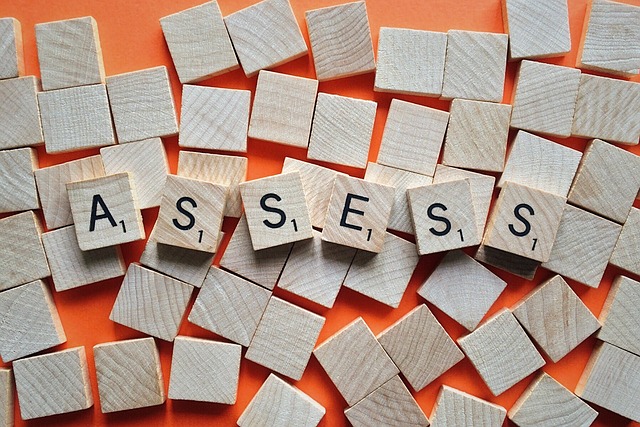Building a Culture of Assessment

How do we build a culture of assessment at the University of Maine?
This is the question that frequently floats around our office. How do we help create a culture of being reflective about the student learning outcomes for our programs? How do we support faculty doing this important work? How do we help make assessment meaningful for faculty, chairs, and directors? Despite its rather unengaging title, “assessment of student learning outcomes” is an engaging process in which faculty take a close look at their programs and reflect on how things are going, which very often leads to a healthy, collegial debate about how programs can be improved. These conversations help us understand, and ultimately strengthen, our programs.
Among our recent initiatives, is a deeper focus on assessment at the graduate level. In October we piloted a workshop on writing program learning outcomes at the graduate level. We are planning to offer this workshop, as well as workshops on curriculum mapping and developing program assessment plans in the spring semester. A primary goal of our office is to ensure programs have the support they need for implementing program assessment. We are available for one-on-one conversations, group presentations, and tailored assessment-related workshops. Additionally, we are involved in the ongoing process of assessing our general education curriculum. To date, two of the nine general education areas have been assessed: Western Cultural Tradition (May 2018) and Social Contexts and Institutions (May 2019). During this academic year, we will be assessing two additional general education areas: Cultural Diversity & International Perspectives (January 2020) and Population & Environment (May 2020). We hope that you will consider joining us for our half day scoring session on January 16, 2020. (Sign up here!) It is open to faculty and staff as well as graduate students. Breakfast and lunch will be provided.
Developing a culture of assessment is about developing a culture of question asking, starting with the foundational question, “How can we improve student learning?” This is at the heart of what assessment is all about. We are here to support you in determining the right questions to ask about your programs and helping you answer them in meaningful ways. Please don’t hesitate to reach out to us (amanda.barrington@maine.edu and/or ryan.a.weatherbee@maine.edu). We look forward to hearing from you!
